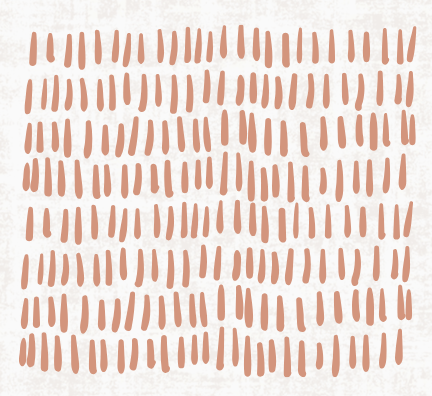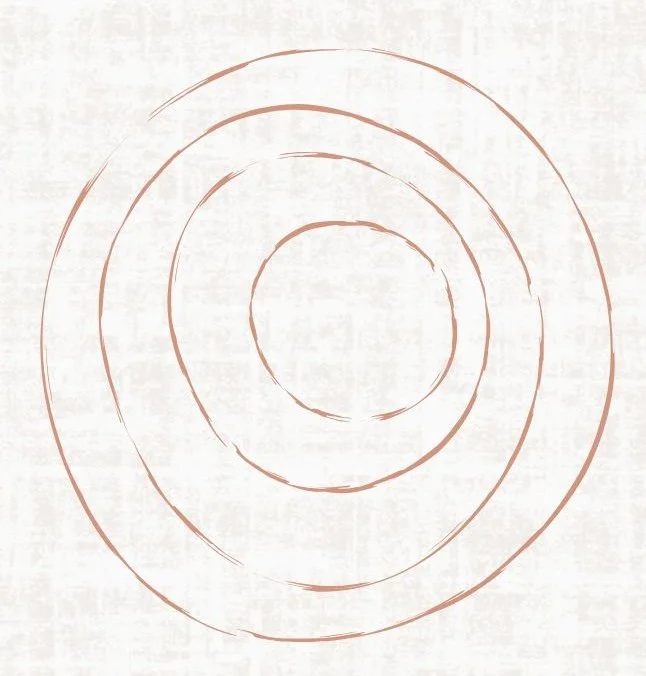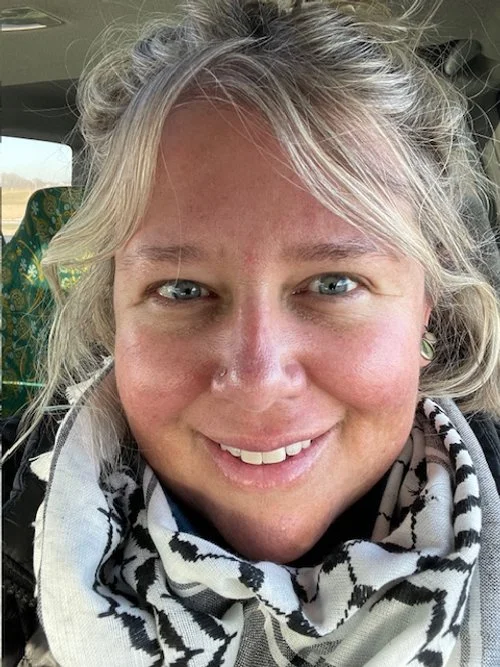
arriving: MY death + Grief Work
Daily, I step into my grief and death work by intentionally choosing to welcome the reality of grief and loss. This helps me to live with an open heart.
For me, living with an open heart is devotion–a practice of naming the reality of loss and sourcing the courage to befriend it. When this becomes practice, we subvert the violent systems that keep us in denial.
As I grow, I find myself continually engaging this dial of openness–open enough to be present to the pain in the world and then to act, not so open that I become boundary-less and overwhelmed. The following are central to my death and grief practice:
Death is all around
Loss happens across the lifespan
Death and grief work are political
Death and grief work pull it all together
I have a Master of Public Health, Maternal and Child Health from the University of Minnesota School of Public Health and am a certified full spectrum birth doula and a trained death midwife. My core professional experience lies in systems creation and operations, facilitative processes, space holding, research, and grants management/ grant writing. These have expressed themselves in the domains of spirituality (expansive), public health, maternal and child health, international development, small business, and refugee/asylee resettlement.
Contemplative, somatic, abolitionist, and liberationist thought and practice have deeply influenced my life and training.
Values that guide my work
-

Befriending complexity
Complexity is inherent. It can serve as the ground from which magic emerges and from which relationships are strengthened. There is relief in naming the reality of complexity–it allows us to move forward.
-

Embodiment
To embody is to tangibly step into something, to deepen into experience. Embodied practice relies on the wisdom and knowledge of the body, lifting up the wisdom of our senses and somatic awareness as supportive tools.
-

multiple ways of knowing
Formal education and academia is over-valued by dominant culture and inaccessible for many. There are infinite ways of knowing, including our own lived experience. Additionally, animals, nature, and other non-human support are steadfast companions, offering a deep well of wisdom.
-

empathy + courage
Empathy is the ability to consider the thoughts, feelings, and experiences of another. It is an active and ongoing practice of understanding another’s point of view and choices. We act with courage when we show up for ourselves and one another in ways that align with our deepest values.
-

systems thinker
I think in systems. It is easy for me to see the systems and subsequent power dynamics at play. Systems thinking is useful for understanding just how much of our experiences are connected and how these connections influence the ability to act or not act.
-

Collectivism
Prioritizing the collective over the individual–not seeing myself as more or less worthy than another is a solvent for our increasingly isolated and individualized society.
-

Reciprocity
In our work together, we are both teachers and learners. We enter a relationship where we each have something to give and to receive.
-

imagination + humor
(re) Imagination feels like a lost art in our society. We must practice imagining the type of world we wish to live in and act accordingly. Authentic humor is the antidote for so much that ails us, even in the midst of deep loss.
a word on positionality
The understanding of power and privilege is imperative when we enter into relationship with one another. Positionality can shift within different contexts and is greatly influenced by the social constructs at play. Some of the ways in which I identify are noted in this image.
I am located in Minneapolis, Minnesota, United States which is the ancestral, traditional and unceded land of the Anishinaabe and Dakota peoples.
Deconstructing the influence and perpetuation of oppressive systems within myself and my ancestry is the work of a lifetime. I remain humbly and actively committed to the repair and healing needed.

education, training, influences
-
Master of Public Health, Maternal and Child Health (2017)
University of Minnesota, School of Public HealthMaster of Art in Intercultural Studies (2006)
Bachelor of Science in Psychology (2002)
Life (1981-Present)
-
Nine Keys Death Midwifery Training Course
Narinder BazenDoula Training
Community Aware BirthworkerCornerstone Certified Full Spectrum Birthworker
Cornerstone Doula TrainingsCornerstone Certified Postpartum Doula
Cornerstone Doula TrainingsHolding Space Consultant Training
The Institute for the Study of Birth, Breath, and DeathBirth, Breath, and Death Teacher Training
The Institute for the Study of Birth, Breath, and DeathHolding Space for Pregnancy Loss
The Institute for the Study of Birth, Breath, and DeathGrief Work Training
The Institute for the Study of Birth, Breath, and DeathIntegrative Somatic Trauma Therapy Certificate Program
The Embody Lab
-
I am ever on a learning journey–what I am inspired by and learn from continues to expand and change throughout time (what abundance we have to learn from the collective!).
Some foundational influences that have shaped my learning and practice include trey washington, Prentis Hemphill (The Embodiment Institute), the Transition Network, Octavia Butler, Mariame Kaba, Imani Barbarin, adrienne maree brown, Amy Wright Glenn, Mia Mingus, Bayo Akomolafe, Pia Mellody, Resmaa Menakem, and all the non-human and human beings with whom I share relationship.



